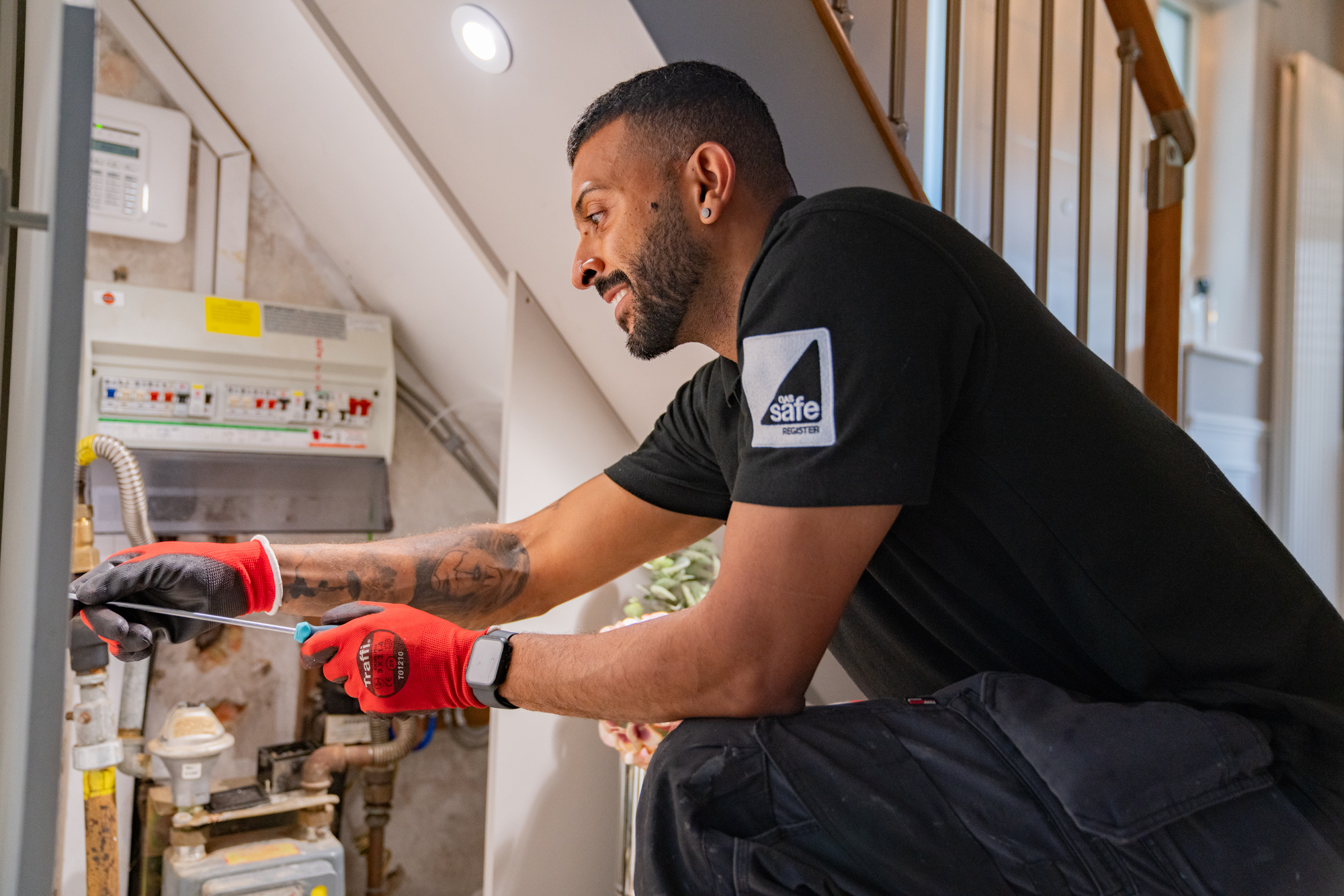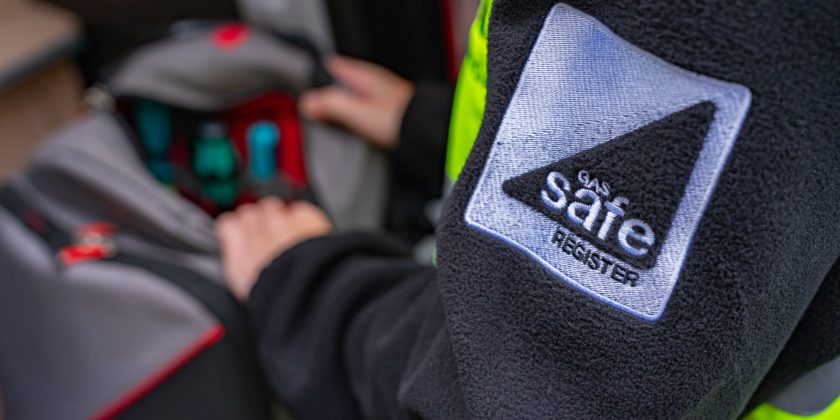It goes without saying that it is always in the best interest of everyone to supply a property that is safe and free from harm. As a result, gas safety remains a top priority when providing a property to occupiers.
Buildings that do not fulfil this obligation could not only get the provider in serious legal trouble, but it could also be detrimental to the occupier’s health, too.
Detailed knowledge about gas safety in buildings is crucial, with local authorities, councils, large commercial landlords, and housing associations all playing a pivotal role in keeping occupiers safe.
Implement the new smoke and gas legislation changes
On October 1 2022, the Smoke and Carbon Monoxide Alarm (England) Regulations 2015 were updated.
The new legislation changes mean that three updated rules must be adhered to. The first change is one smoke alarm must operate on each storey of the building where there is a room used as living accommodation.
The second change is a carbon monoxide alarm must be in any room used as living accommodation with a fixed combustion appliance.
The final update is smoke alarms and carbon monoxide alarms must be repaired or replaced once it is established that they are faulty.
Smoke alarms must comply with British Standards BS 5839-6 while carbon monoxide alarms must align with British Standards BS 50291.
By ensuring that the alarms are working before the resident moves in, all parties can be kept safe from fires and carbon monoxide.
Issues where batteries die, or technology stops working, could be a problem and can’t be discounted. With this in mind, regular checks must be conducted.
Occupiers must inform the housing supplier that the alarm does not work right away. If the alarm is not replaced within 21 days, the local authority could issue a remedial notice to enforce the replacement or repair.
Check your gas safety certificate and installations
Local authorities, councils, large commercial landlords, and housing associations must take full legal responsibility for the safety of the buildings they provide. Gas safety certificates determine the safety of installations and are an absolute must.
These should be kept safe and up to date, while engineers registered with the Gas Safe Register are the only people authorised to provide these documents.
A gas safe certificate is required to verify that all gas appliances are safe and working correctly at your properties. Examples of these include central heating boilers, gas hobs, and gas fires.
The certificate is valid for 12 months. Any issues that have been flagged are noted in the document, while each appliance and flue inside the building will also be recorded. In addition, information regarding the locations and conditions of the gas appliances are included.
Here at PropCert, our large network of gas engineers can suit the needs of large commercial landlords and housing associations in equal measure. In exchange for a fixed fee, the service will be completed efficiently and to a high standard.
Gas safety certificates can be used to gain an understanding of the safety of the home. If any repairs are needed, the property provider must then follow through by getting these done.
We are a nationwide provider of property services including Energy Performance Certificates, Electrical Installation Condition Reports, Asbestos Surveys, Fire Risk Assessments and more.

